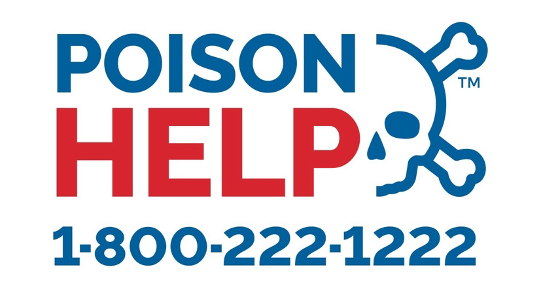IntroductionAs January heralds the beginning of new resolutions, weight loss often takes center stage in the promises we make to ourselves. Embracing this goal has become more attainable with the advent of a new class of drugs known as GLP-1 agonists, including semaglutide. However, navigating the landscape of these medications requires a careful understanding of the available options and associated risks.
Semaglutide Variants
Three forms of semaglutide have emerged as players in the weight loss journey: Ozempic (injectable), Rybelsus (tablet), and Wegovy (injectable). Originally FDA-approved for lowering blood sugar levels in adults, Ozempic and Rybelsus have gained popularity for their off-label use as weight management drugs. Wegovy, the only injectable version specifically approved for weight management, completes the trio.

Drug Shortages and Compounding
The popularity of semaglutide for weight loss has led to a surge in demand, resulting in difficulties in consistently meeting that demand. Both Ozempic and Wegovy have found their way onto the FDA's drug shortage list. When a drug is listed, pharmacies may resort to
compounding, a process involving combining, mixing, or altering ingredients to meet therapeutic needs. While compounding is a longstanding practice, it carries inherent risks, especially when the FDA does not verify the safety of compounded medications.
Pricing and Insurance
These drugs also come with a big price tag, often upwards of $1,200 per month. Adding to this, many insurance companies are refusing to cover this medication for its off-label use for weight loss. This has led patients to seek other, less expensive resources for obtaining the medication. Multiple online/telehealth platforms have cropped up, and they, also, utilize compounded preparations. It is difficult to determine what quality measures are in place to ensure the safety and efficacy of these compounded products and early reports of counterfeit versions are beginning to be seen.
Adverse Effects and FDA Response
Reports of adverse effects linked to compounded semaglutide prompted the FDA to address the National Association of Boards of Pharmacy in April 2023. The focal point of these adverse effects are compounds using variations of the active ingredient. Some pharmacies utilize semaglutide sodium, a derivative of the original active ingredient found in Ozempic, Wegovy, and Rybelsus. The effectiveness and potential adverse reactions of semaglutide salts as a weight loss treatment remain unknown.
Ensuring Safety in Compounded Medications
For those considering compounded medications, it is crucial to source them from state-licensed pharmacies or FDA-registered facilities. With the prevalence of online pharmacies, consumers should verify that their chosen platform adheres to quality standards. The
BeSafeRx program, created by the FDA, offers a valuable resource for consumers seeking assurance of product quality when purchasing medications online.
Reporting Adverse Effects
Consumers play a pivotal role in creating a safer prescription consumer landscape. Any unexpected adverse event or complaint about the quality of a prescription product should be reported to the FDA using the
MedWatch reporting form. By actively participating in this feedback loop, individuals contribute to ongoing efforts to enhance the safety and efficacy of weight loss medications like semaglutide.
Poison Help Line
If you have a poison question or poison emergency, call the Poison Help Line at 1-800-222-1222


